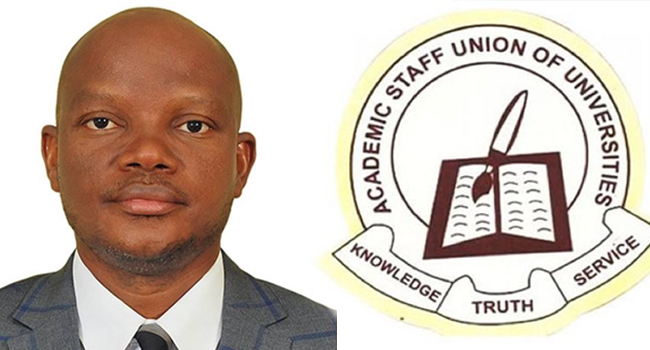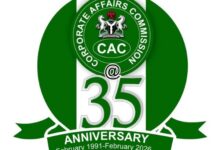ASUU Sounds Alarm: Looming Strike Threat Over FG’s Broken Promises

Another round of industrial paralysis may be knocking at the doors of Nigeria’s public university system as the Academic Staff Union of Universities (ASUU) issues a fresh ultimatum to the Federal Government, citing over a decade of unfulfilled agreements and systemic neglect.
At a press conference in Abuja, Professor Chris Piwuna, ASUU’s newly elected National President, delivered a scathing indictment of the Federal Government’s handling of Nigeria’s higher education sector, warning that lecturers may have no choice but to resume nationwide strike action if long-standing demands remain ignored.
“You cannot build a 21st-century economy with 20th-century universities powered by 19th-century infrastructure and zero political will,” said Piwuna. “Fixing Nigeria starts with fixing her universities.”
A Decade of Broken Promises
ASUU’s demands, rooted in the 2009 FG-ASUU Agreement, and further expanded in subsequent Memoranda of Understanding (MoUs) and Memoranda of Action (MoAs) from 2013 to 2021, remain largely unmet. Key outstanding issues include:
- Conclusion of the renegotiated 2009 Agreement based on the 2021 Nimi Briggs Committee draft
- Release of ₦150 billion revitalisation fund promised in April 2025
- Payment of ₦50 billion in Earned Academic Allowances (EAA) backlog and inclusion of irregular allowances in the 2026 Budget
- Withheld salaries of ASUU members from the 2022 industrial action
- Non-payment of salaries of part-time, sabbatical, and adjunct lecturers due to IPPIS issues
- Outstanding third-party deductions (cooperative dues, check-offs)
- Non-constitution of governing councils for several universities
- Government’s refusal to adopt UTAS, ASUU’s proposed payroll alternative to IPPIS
Despite verbal commitments and several back-and-forth negotiations, ASUU says implementation has been slow, selective, or nonexistent—leaving Nigeria’s tertiary education system in a perpetual state of stagnation.
Autonomy Undermined, Academics Victimised
Of particular concern to the Union is the growing political interference in university governance. Citing instances in institutions such as Nnamdi Azikiwe University and the University of Abuja, Piwuna accused government officials and political actors of manipulating leadership appointments and trampling institutional independence.
In state-owned institutions such as Kogi State University and Lagos State University, ASUU alleges a pattern of intimidation, salary denial, and job insecurity, warning that staff morale is at an all-time low due to unjust victimisation of union members.
“Our public universities are fast becoming theatres of political capture. This erosion of autonomy is a national security risk cloaked in bureaucracy,” said Piwuna.
A Call for National Rebirth Through Education
ASUU is calling for a national education summit, to revisit the philosophical and structural foundation of Nigeria’s higher education. The Union believes universities must return to their core purpose—producing knowledge, shaping national discourse, and mentoring future leaders.
Piwuna emphasised that ASUU is open to dialogue but not at the expense of its members’ dignity or the nation’s educational future.
“We are the intellectual backbone of this country. Nigeria cannot grow if her universities are crippled,” he declared.
BRANDECONOMY Insight
ASUU’s warnings signal more than union agitation—they reflect a crisis of political accountability and strategic blindness in Nigeria’s policy elite. At a time when global economies are turbocharging investment in knowledge economies and R&D, Nigeria’s education sector continues to limp under the weight of budget cuts, poor governance, and executive indifference.
If Nigeria is to compete globally and thrive locally, it must treat its universities not as budgetary burdens but as engine rooms for national development.
Bottom Line:
ASUU’s demands are not just about salaries—they’re about survival: of Nigeria’s universities, of her lecturers, and of a generation of future leaders.











